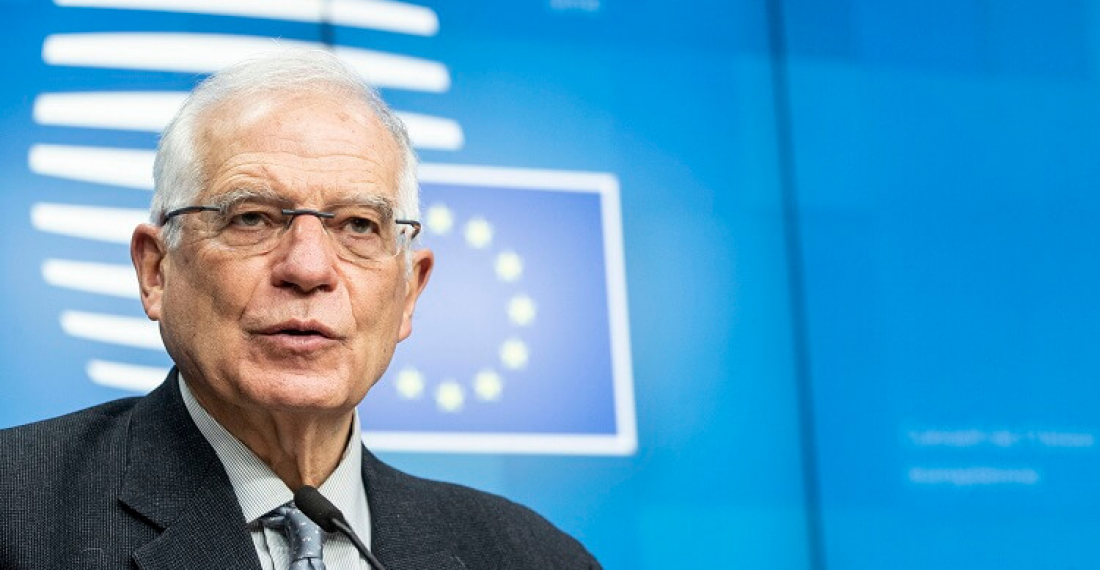The EU High Representative for Foreign Affairs and Security Policy, Josep Borrell, will travel to Russia, arriving on the evening of Thursday 4 February and departing on Saturday 6 February. It will be the first visit to Russia by an EU High Representative since 2017, the European External Action Service said in a statement over the weekend, adding:
The visit will provide an opportunity to have wide-ranging discussions with Foreign Minister Sergei Lavrov and other Russian interlocutors ahead of the European Council’s strategic discussion on EU-Russia relations scheduled for March. Borrell will address Russia’s actions in Ukraine and in the neighbourhood, the importance of continued implementation of the Iran nuclear deal, the global response to the coronavirus pandemic, climate change, among others. The recent poisoning, detention and arrest of opposition politician Alexei Navalny, and the concerns over fundamental freedoms and human rights in Russia more broadly will also be on his agenda. During his visit, Borrell will have meetings with representatives of Russian civil society organisations and members of the academic community in Moscow.
Earlier, speaking to the media after the recent meeting of the Foreign Affairs Council, Borrell had indicated that his visit to Moscow was mainly to meet Russian officials and that meetings with civil society were for another time, and the Navalny issue was not high on the agenda. This now however appears no longer the case. But Borrell is keen to keep the focus of the visit on wider EU-Russia relations.
Ahead of the visit, Borrell said:
“The relationship with Russia is one of the EU’s most complex. Recent developments only serve to further underline the need for me to visit Moscow. But beyond the issues of contention there are also areas in which the EU and Russia do cooperate, or need to cooperate more, that require our urgent attention.”






